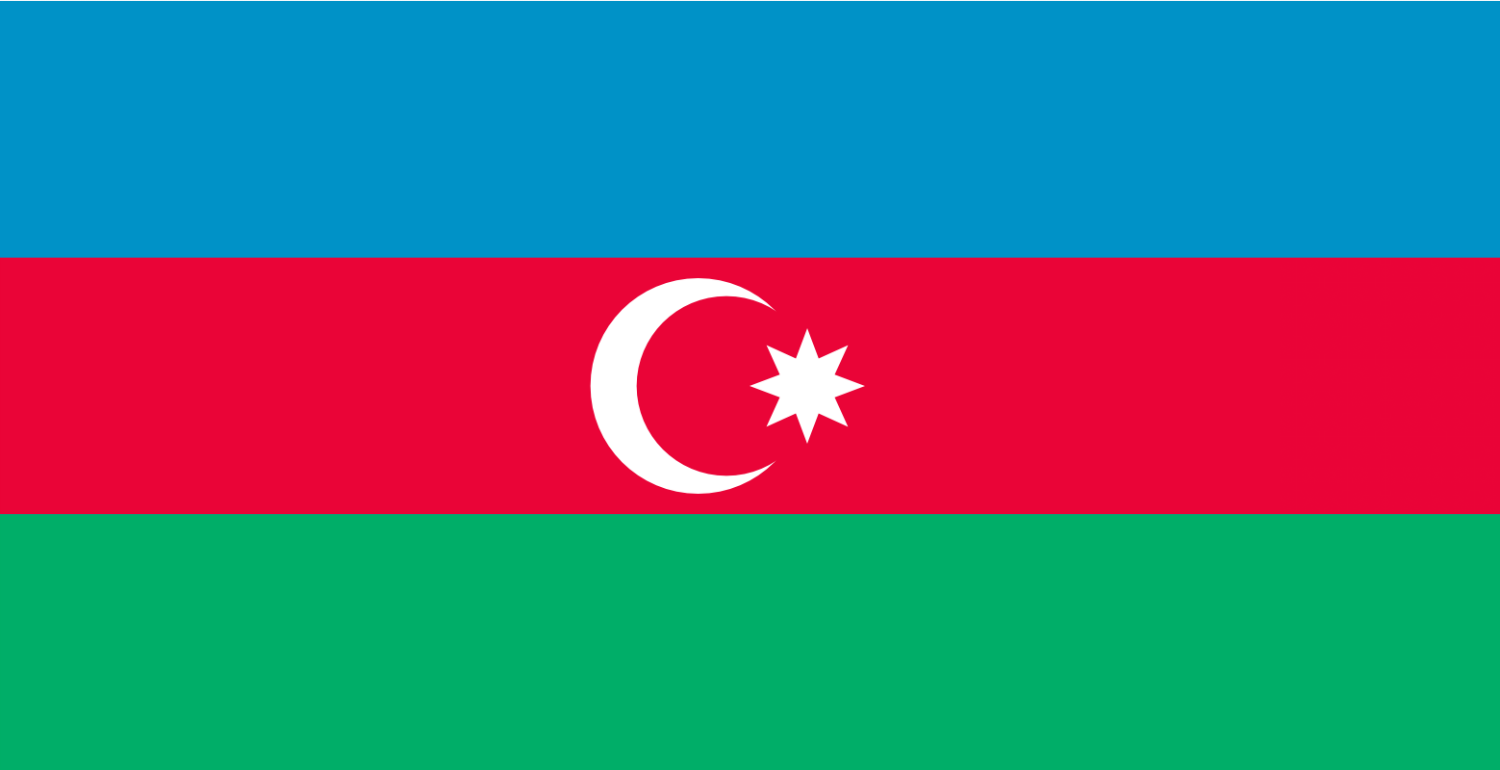On October 15, 2003, Azerbaijan held presidential elections. According to the official results, Ilham Aliev defeated seven challengers, winning over 76 percent of the vote. His closest challenger was Isa Gambar, leader of the opposition Musavat Party, with 14 percent. The OSCE observation mission announced on October 16 that the election failed to meet international standards “in several respects.” Nevertheless, ODIHR’s final report in November bluntly concluded that the election failed to meet OSCE commitments and other international standards for democratic elections. … There was widespread intimidation in the pre-election period, and unequal conditions for the candidates. … The counting and tabulation of election results were seriously flawed. … Postelection violence resulting in the widespread detentions of election officials and opposition activists further marred the election process. … ”
Washington congratulated Ilham Aliev in August 2003 when he was named prime minister. State Department representatives criticized the election process but it was widely perceived in Azerbaijan that the United States had favored Aliev’s candidacy.








